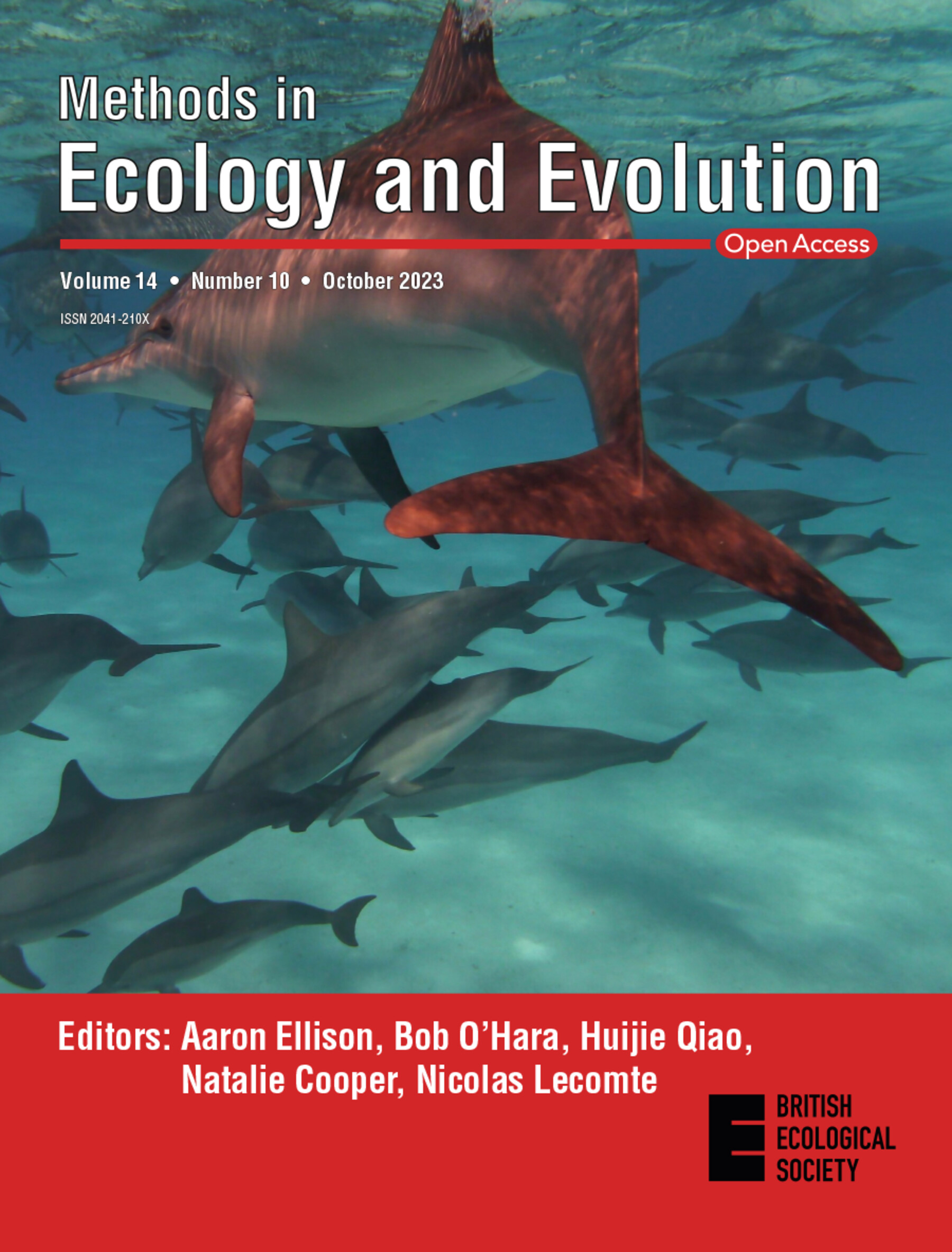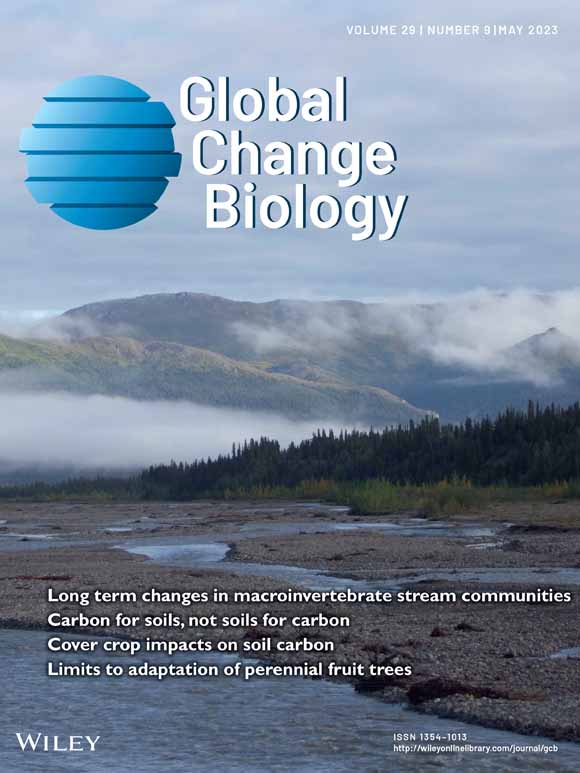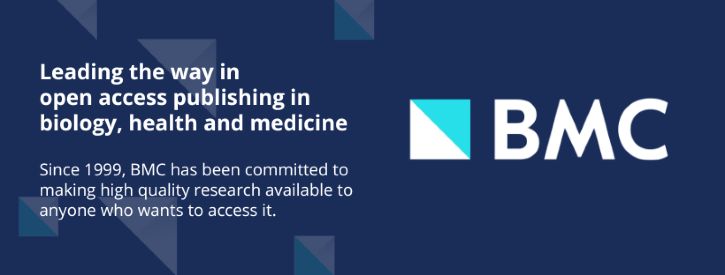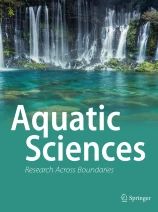- Department:(Dept. 2) Community and Ecosystem Ecology

Environmental effects of the Kakhovka Dam destruction by warfare in Ukraine

A population Monte Carlo model for underwater acoustic telemetry positioning in reflective environments
In study areas near acoustically reflective surfaces, reflected transmissions may cause large detection outliers that reduce the accuracy of telemetry positioning. A novel time-of-arrival model is presented. This allows for positioning of aquatic animal in acoustically challenging study areas. It provides good measures of positioning uncertainty and is useful for fine-scale telemetry.

Multiple Stressors Simplify Freshwater Food Webs
The crucial role of ecohydraulic factors in triggering sturgeon reproduction: Implications for active habitat restoration strategies in the Yangtze River
Shedding light on dark taxa: exploring a cryptic diversity of parasitoid wasps affected by artificial light at night

Come to the dark side – citizen science in nighttime ecology
A spatial inventory of freshwater macroinvertebrate occurrences in the Guineo-Congolian biodiversity hotspot

Artificial light at night reduces emergence and attracts flying adults of aquatic Diptera
Ontogenetic shifts by juvenile fishes highlight the need for habitat heterogeneity and connectivity in river restoration
The authors analysed the habitat use of larval and juvenile fishes in the lower river Rhine. More than 60 per cent of the fish species switched between five different habitat types during their development, which should be available both in the river and connected floodplains. However, human intervention has drastically altered and homogenised the European river landscapes.




